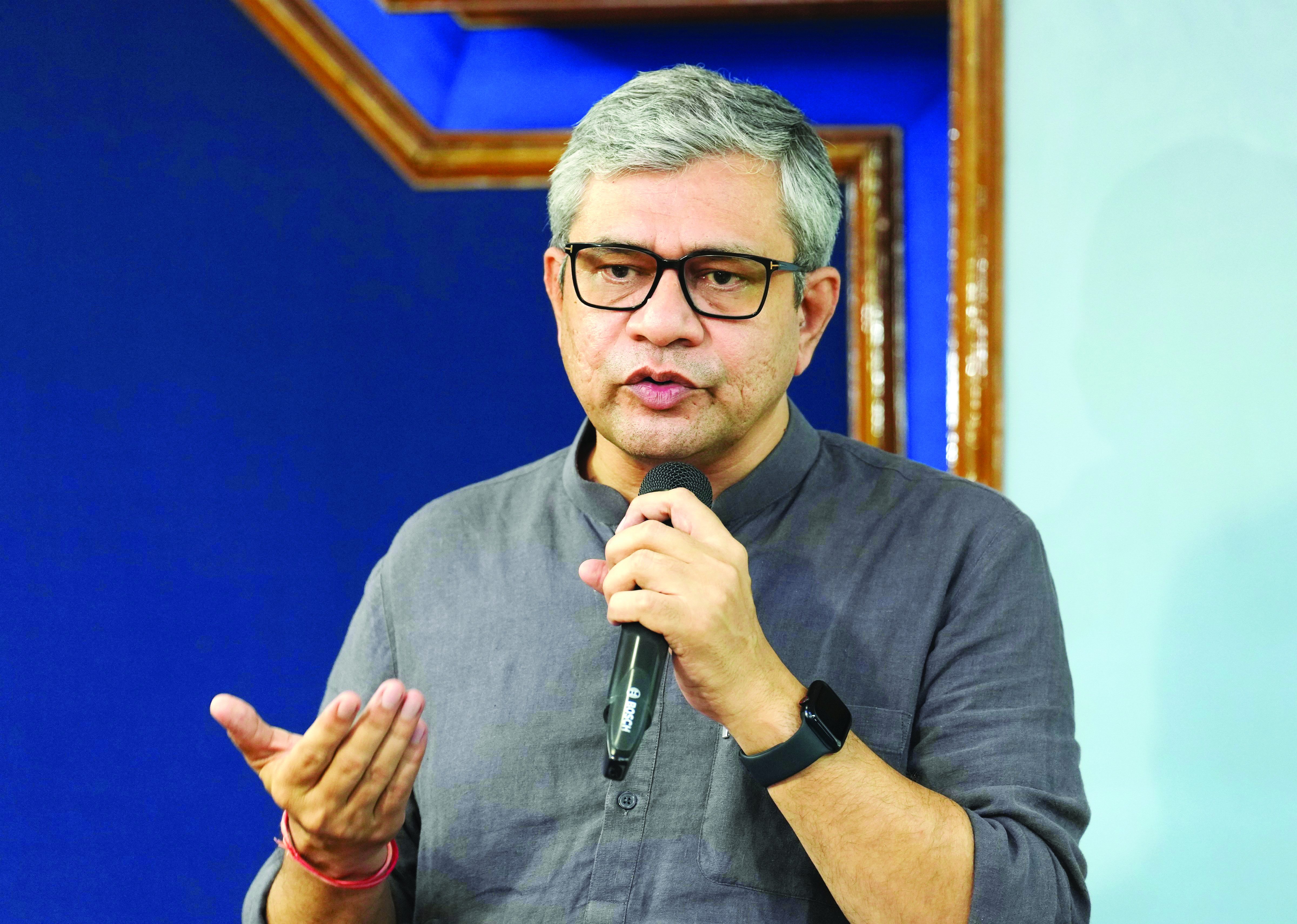Unified Pension Scheme to put additional burden of Rs 6,250 cr on exchequer: Vaishnaw

New Delhi: Unified Pension Scheme (UPS), which is going to provide assured pension to 23 lakh eligible central government employees, will put an additional burden of Rs 6,250 crore on the exchequer per year.
UPS, effective from April 1, 2025 envisages government contribution rising from current level of 14 per cent to 18.5 per cent. This 4.5 per cent increase in government contribution is estimated to cost Rs 6,250 crore to the government, Union Minister Ashwini Vaishnaw has said.
Although the government is increasing its contribution under UPS, employees’ contribution remains unchanged at 10 per cent of the basic salary.
In addition, there will be an arrear of Rs 800 crore that has to be paid under the National Pension System (NPS) to employees retiring before March 31, 2025. If these retirees opt for UPS, they will receive the arrears.
The NPS, in effect from January 1, 2004, is a contributory scheme while pension scheme prior to this was defined where the government promised to pay 50 per cent of the last-drawn basic pay, irrespective of the corpus.
However, UPS envisages to provide assured pension depending on the length of the service as in this case the pension payout is linked to the corpus accumulated.
The scheme approved by the Union Cabinet on Saturday is a sort of fulfilling long-pending demands of government employees ahead of the assembly elections in Haryana and Jammu and Kashmir.
The UPS can be opted by employees under NPS. Choice once exercised will have no option of switching back.
Employees opting for UPS will be eligible for an assured pension of 50 per cent of the average basic pay drawn over the last 12 months before the superannuation for a minimum qualifying service of 25 years.
For employees having a service length below 25 years, the pension would be proportionate for a lesser service period of up to a minimum of 10 years of service.
Under the UPS, those with a minimum of 10 years of service will receive a pension of at least Rs 10,000 per month on superannuation and an assured family pension in case of demise of the pensioner.
The UPS also has a feature of dearness relief based on the All India Consumer Price Index for Industrial Workers (AICPI-IW) as in the case of serving employees. With the addition of all these features, it marks the transformation of the NPS, which promised pensions based on the contribution by employees and the
government.



